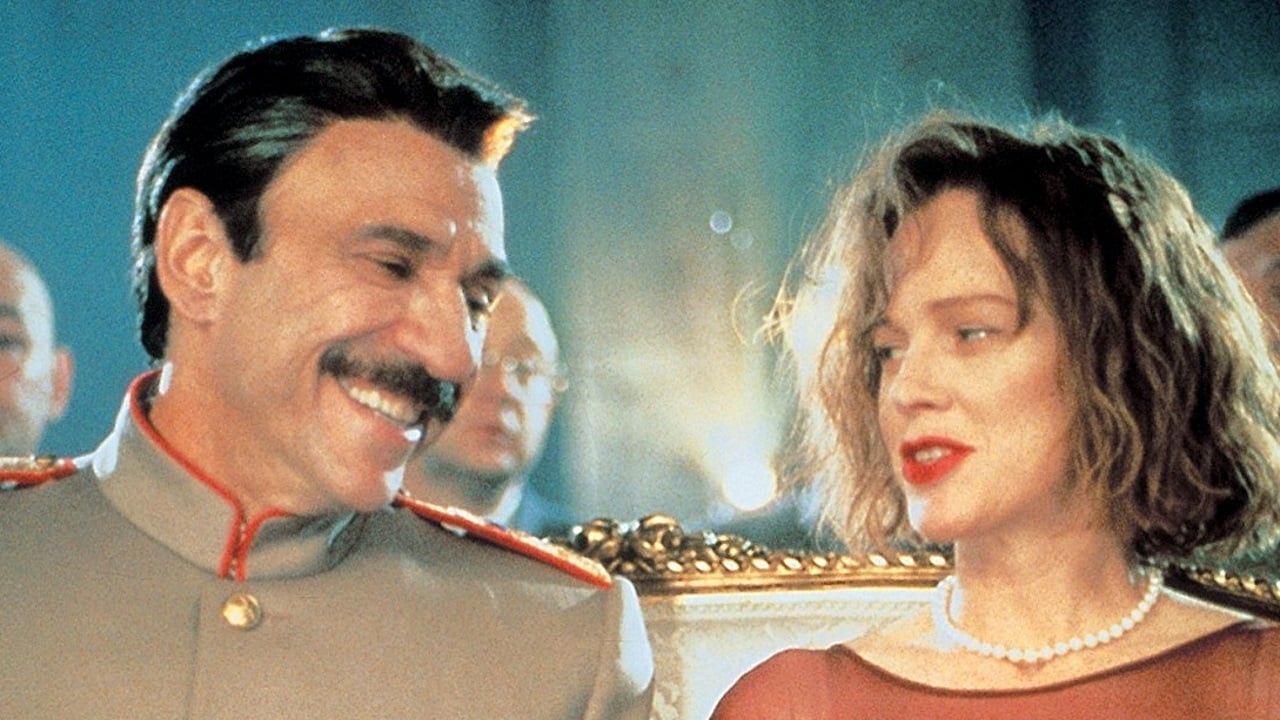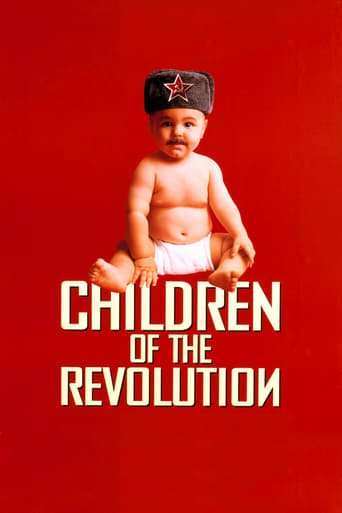

I'm heartened to see that several other critics in this column were apparently as confused as I was by this movie. The individual gags are quite funny, but overall, what is this movie about? Is it a comedy? Certainly that's part of it, but is that all? Is it an anti-communist film that relies on comedy to make its point? Well, it might be, but if so, then I think it fails. Or does it have no overall statement to make at all? A bit difficult to believe, given some of the plot lines.
... View MoreDon't get me wrong, I thought this was a great movie. When I saw previews for it, it seemed like it would be a funny comedy. However, upon watching it, I found that it's not much of a comedy. There are some comedic moments in it, true, but I would classify this film as a drama more than a comedy. Three Kings had comedic moments, as did Fight Club, but I wouldn't classify either of those as comedies. And I wouldn't classify Children of the Revolution as one, either. I feel that Miramax dropped the ball by advertising this film as a comedy.
... View MoreThe ProsTo me, the premise is hilarious - Stalin's love child.I'm always happy to spend two hours watching Judy Davis. I think she's just great.I saw this movie just before I got sick of seeing Sam Neil everywhere and I remember thinking he was neat.The world of Stalin is absolutely hilarious. F. Murray Abraham pulls off a number of macabre gags with great presence.Also, it's a wry look at political activism and some of the poses that resemble it.The ConsGets boring after the first half and the premise doesn't add up to much.Worth seeing just for the courtship of Stalin alone.
... View MoreAustralian film creates the bizarre story of an Australian labor leader who sleeps with Stalin just before he dies and then raises his son. The movie relies on biological determinism and individual personality traits to create bourgeois criticisms of Stalin as an evil tyrant and leader of a personality cult.
... View More